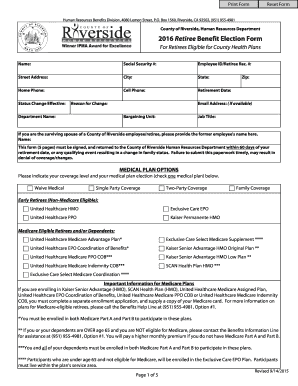
This plan focuses on oral health and preventive care. Before you enroll, make sure there is a DHMO network dentist in your area. You and your covered dependents are not required to select the same primary care dentist. By covering many diagnostic and preventive services at no cost or with very low copayments, we encourage regular preventive dental visits. Dental Health Maintenance Organization ( DHMO ) plans, also referred to as pre-paid plans, require you to choose one dentist or dental facility to coordinate all of your oral health needs.
For information on becoming a network dentist, enter the state where you practice. New York, Pennsylvania and Texas to receive oral health care at their workplace. What does DHMO stand for? Checking the status of a claim, estimate, or authorization.
Finding in-network providers. Review the Member Handbook and Evidence of Coverage. Ordering a replacement ID card. Much like medical HMOs, dental maintenance organizations require that you receive all of your dental care from a limited network of contracted dental offices. Delta Dental Insurance Company.
These dental plans are available to Texas agency and higher education employees, retirees and their eligible dependents. The term “ DHMO ” is used to refer to product designs that can vary depending on your state, including but not limited to, prepaid plans, managed care plans and plans with open access features. The Cigna Dental Care plan is not available in all states. The DHMO plan allows you to receive comprehensive coverage at set prices, called copays.
There is no coverage if you go to out-of-network dentists. See the copayments for the covered services on the following pages. The dentists are screened to ensure that the plan standards of quality, access and safety are maintained. The network is composed of established dental professionals. This dental insurance plan provides coverage for one year.
If you need specialist care, your PCD will coordinate referrals for you. You pay your PCD a set dollar amount (copayment) for most dental services. During a routine exam, a dentist checks for signs of cavities, gingivitis and abnormalities.
Your employer may ask you to choose among several types of dental insurance plans. Two of the most common types are the preferred provider organization and the dental health maintenance organization. The term “DHMO” is used to refer to product designs that can vary depending on your state, including but not limited to, prepaid plans, managed care plans and plans with open access features. A benefit is paid for covered out-of-network emergency dental care. The plan is unique in its emphasis on preventive services, which are fully covered.

Many diagnostic and preventive services have no co-payment in an HMO plan. Plan members may need to seek pre-authorization for specialty care, and only their primary dentists can refer them to specialists. Enrolled students select from a panel of primary care dentists, and enjoy minimal co-payments for basic and major services.
When you enroll, you select a contract dentist to provide services. Searching by name, specialty, or other details? Use the Advanced Search. A DHMO plan will cover your routine exams, X-rays and cleanings.

These types of services help dentists discover problems and prevent new ones, such as cavities and gum disease. You may need to pay a co-payment for fillings or extractions. Under a DHMO , the co-payment is usually small and you pay it when you receive treatment.
No comments:
Post a Comment
Note: Only a member of this blog may post a comment.